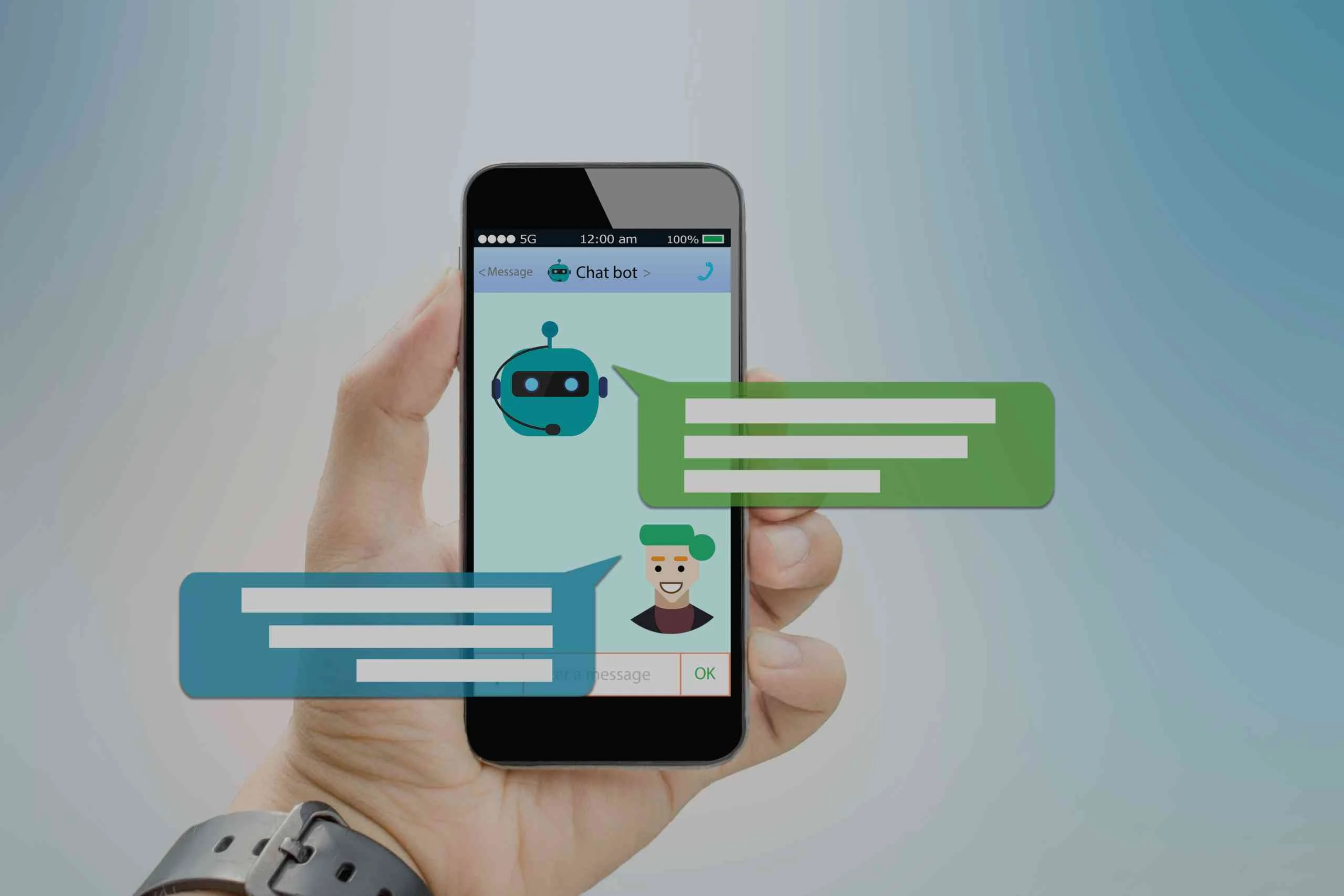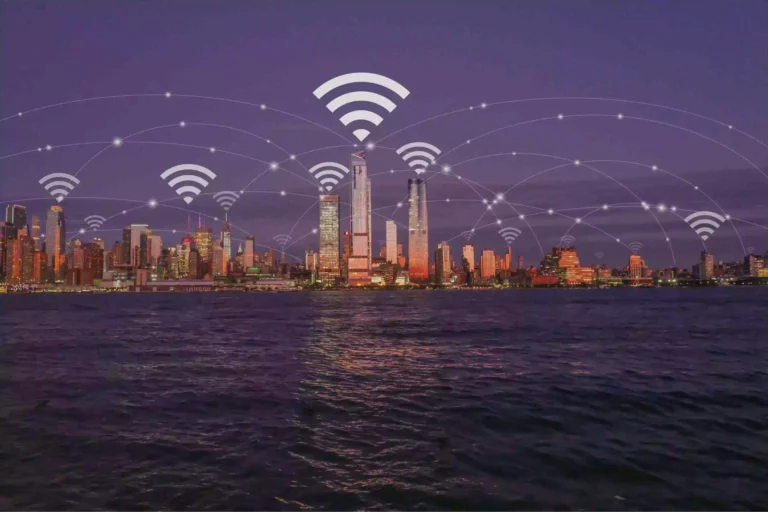The Rise of Ai-Powered Chatbots: Revolutionizing Customer Service
AI-powered chatbots are transforming customer service, making it more efficient and accessible. They provide instant responses and handle multiple queries simultaneously.
Businesses are increasingly adopting AI-powered chatbots to enhance customer service. These chatbots offer 24/7 support, reducing wait times and improving customer satisfaction. They can handle a wide range of tasks, from answering simple questions to processing orders. Advanced algorithms allow them to understand and respond to complex queries, providing a seamless user experience.
This technology not only improves efficiency but also reduces operational costs. By automating routine tasks, human agents can focus on more complex issues, leading to higher productivity. AI-powered chatbots are set to revolutionize customer service, making it faster, smarter, and more efficient.
Introduction To Ai-powered Chatbots
AI-powered chatbots are computer programs. They can talk like humans. These chatbots use artificial intelligence. They help businesses talk to customers. Chatbots can answer questions fast. They work all day and night. No need for breaks or sleep. This makes them very useful. Many companies now use them.
Chatbots started simple. They could only follow scripts. Early chatbots were not very smart. Over time, they got better. Now, chatbots can learn and adapt. They use machine learning to improve. Chatbots can understand many languages. They can handle complex tasks. This evolution has made them important in customer service.
Benefits For Businesses
AI-powered chatbots help businesses save money. They reduce the need for many customer service agents. With chatbots, companies can handle more customer requests. This means less money spent on hiring and training.
Chatbots work all day and night. They never need a break. Customers can get help at any time. This improves customer satisfaction. Happy customers are more likely to return.
Enhanced Customer Experience
AI-powered chatbots are transforming customer service by providing instant, personalized support. These intelligent systems enhance user satisfaction and streamline operations.
Personalized Interactions
Ai-powered chatbots offer personalized interactions. They remember customer preferences. This makes customers feel valued. Personalized responses create a better experience. Customers are more satisfied with tailored solutions. Chatbots can even use names for a personal touch. This level of personalization was not possible before.
Faster Response Times
Chatbots provide instant responses. Customers do not have to wait. This reduces frustration. Faster responses mean problems are solved quickly. This leads to happier customers. Chatbots can handle multiple queries at once. This makes them more efficient than human agents.
Key Technologies Behind Chatbots
Natural Language Processing helps chatbots understand human language. This technology allows chatbots to read, decipher, and understand user input. Chatbots can respond in a way that feels natural. They can handle different languages and dialects. This makes chatbots very versatile.
Machine Learning Algorithms enable chatbots to learn from each interaction. They get better over time. These algorithms analyze past interactions to improve future responses. Chatbots can predict what users need. This makes them more efficient and helpful. They can handle more complex queries as they learn.
Case Studies Of Successful Implementations
Many retail stores use AI-powered chatbots for customer support. Chatbots help answer common questions quickly. They can track orders, provide product recommendations, and even help with returns. This increases customer satisfaction and reduces workload on human agents. A famous example is H&M’s chatbot, which assists shoppers in finding the right clothes. This chatbot helps the company save time and resources.
AI chatbots in healthcare offer 24/7 support to patients. They can schedule appointments, provide medical advice, and answer FAQs. This ensures that patients get timely help. Babylon Health’s chatbot is a great example. It helps patients diagnose symptoms and suggests next steps. This improves patient care and reduces pressure on healthcare staff.
Challenges And Limitations
Chatbots struggle with complex questions. They may not understand all contexts. This can frustrate users. Human agents are better for complex issues. Chatbots work well for simple tasks. They cannot replace human understanding. Training chatbots is difficult and time-consuming. They need continuous updates. This ensures they provide accurate answers.
Data privacy is a major concern. Chatbots collect user data. This data must be protected. Unauthorized access can cause problems. Users need to trust these systems. Companies must ensure data is safe. Laws require strict data handling. Breaches can lead to heavy fines. It’s crucial to follow privacy regulations.
Future Trends In Ai Chatbots
AI-powered chatbots are transforming customer service by offering instant, personalized support. Businesses are adopting these intelligent systems to enhance customer satisfaction and streamline operations.
Integration With Iot
AI chatbots are now linking with smart devices. They can control lights, thermostats, and even locks. This makes homes smarter and lives easier. Users can give voice commands to chatbots. These commands make devices respond quickly. Integration with IoT is making daily tasks simple and automated. This trend is growing fast. Soon, chatbots will manage more home devices.
Advanced Emotional Intelligence
AI chatbots are learning to understand emotions. They can recognize happiness, sadness, and anger. This helps them respond better to users. Advanced emotional intelligence makes customer service more human-like. Chatbots can calm angry customers or cheer up sad ones. This skill boosts user satisfaction. It also makes interactions more pleasant and effective.
Getting Started With Ai Chatbots
AI-powered chatbots are transforming customer service with instant, personalized responses. Businesses now enhance user experience and streamline operations effortlessly.
Choosing The Right Platform
Choose a platform that matches your business needs. Some platforms offer simple interfaces. Others provide advanced features. Popular platforms include Chatfuel, ManyChat, and Drift. Look for easy integration with your existing systems. Ensure the platform supports multiple languages if needed. Cost is also an important factor. Some platforms charge monthly fees. Others have pay-as-you-go options. Compare different platforms before making a decision.
Best Practices For Implementation
Start with a clear plan. Define your goals and objectives. Ensure your chatbot has a friendly tone. Train the chatbot with frequent questions from customers. Test the chatbot before launching it. Gather feedback from users to improve it. Update the chatbot regularly. Make sure it stays relevant and useful. Always provide a way for users to reach a human. This ensures a seamless experience.
The rise of AI-powered chatbots is transforming customer service. Businesses see improved efficiency and customer satisfaction. Embracing these tools is crucial for staying competitive. Chatbots streamline interactions, providing quick and accurate responses. As technology advances, AI chatbots will become even more integral to customer service strategies.







